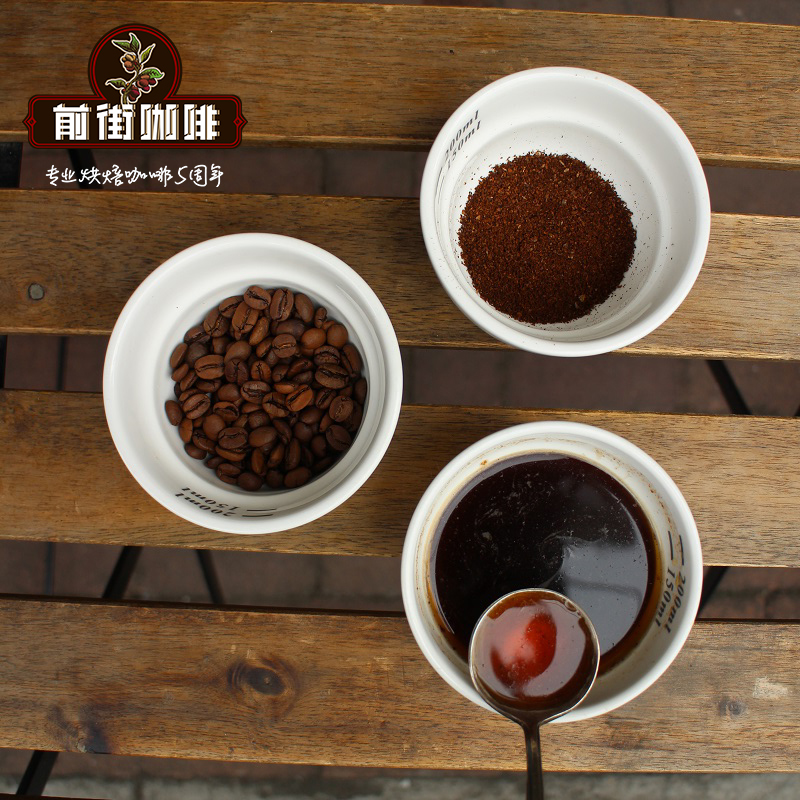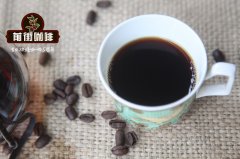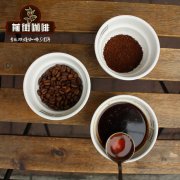What can the baking date tell you about coffee? the fresher the beans, the better.

The barbecue date is not all.
First of all, we need to clear one thing. We are talking about the baking date, but this alone does not let you know the taste of coffee.
When you buy food, you will look for the freshest food. Of course, you need to check the best date. Then there are visual cues: the hardness of avocados, the bluish purple on onions, and the redness of fish eyes. However, to find out how good the food is, you need to eat it first.
The same principle applies to coffee. Do not judge the quality of beans only on the date of baking. At the very least, you need to open the bag and calibrate, calibrate and evaluate the beans as much as possible.
Now that we have determined that the baking date is not all, let's see what it can tell you.
What exactly does freshness mean? Which kind of beans is the freshest?
In general, all the coffee on the shelf is between 4 and 7 days and is still classified as fresh. However, I often receive expressions of impatience and even mistrust, and then clarify that they are looking for coffee baked yesterday or that day.
Some people claim that coffee only takes 24 hours, but at that time there was not enough time for coffee to exhaust.
What is the ideal baking date?
Treat coffee like bread: only buy it for a week or so. Find out the best coffee cultivation period (peak), and then go back from the time you plan to drink coffee. This will enable you to find the ideal baking date. Search for coffee baked within 3-5 days after that date.
Usually, if I want to drink coffee immediately, I will find that any time between 8 and 21 days after baking is the best. However, you should always pay attention to the advice of roasters or baristas about the peak roasting period of their coffee.
Why do people believe that the fresher the better?
I think the better misunderstanding of novelty is that our third wave of baking has been the victim of our successful training of consumers. Yes, what you heard was right.
In the surge in the number of craftsmen and small batches of baking between 2007 and 2010 (the third wave of baking in Singapore), we try to distinguish ourselves from commercial roasters through phrases such as baking fresh batches and selling by baking date rather than expiration date. Of course, a long time later, we relaxed our focus on freshness and replaced it with "best eating / brewing in 1 month after barbecue date" in the bag. But the damage has been done: the fresher the better.
So when is the coffee too old?
This is a very subjective topic, and although baking professionals usually ask for an upper limit on the average age, there are too many variables that we can't control. I've extracted espresso from a month-old lightly roasted coffee (note: lightly roasted, not "lightly roasted"), but it tastes as sweet as it was two weeks ago. I also encountered the problem that coffee was past its peak on the 11th day.
Why are there so many changes? Well, coffee itself has a big impact, and in addition, the way different roasters use their roasting methods may change the appearance of coffee, resulting in different ways of peaking or aging. Some coffee and roasting styles allow coffee to remain at its best between 14 and 30 days from the date of roasting, so it is difficult to say that the coffee is out of date or too fresh until it is tasted.
If you have any questions, please ask your barista or baker. They will always give you the best advice on specific coffee.
How to make full use of coffee at different ages
Calibrating the grinding size and adjusting the dosage are essential to give the aged coffee the best flavor. The older the beans are, the more porous they become. This means that during grinding, the structure is more likely to break, allowing water to enter and dissolve the soluble matter. If you use a grinding setting calibrated for the same cup of coffee two weeks ago, it will lead to inadequate extraction and poor taste.
Important Notice :
前街咖啡 FrontStreet Coffee has moved to new addredd:
FrontStreet Coffee Address: 315,Donghua East Road,GuangZhou
Tel:020 38364473
- Prev

How to measure the extraction rate of coffee? Do you know how to calculate the extraction rate of coffee?
You may have heard the barista say: this cup of coffee is overextracted. The term overextraction is a simple method, it can be said that it has too much bitterness and makes some kind of mistake. Let's explore the world of extraction more deeply! Extraction. So what is extraction? How much of the coffee powder is dissolved in water? So, if we simply say, for example, from 20 grams of agent
- Next

What is the difference between Arabica and Robusta? Robusta began to be valued by people.
The long history of coffee attracts many people. For the third wave of coffee, enthusiasts want to know every step of its creation: farmers who manage plantations, workers who harvest and process coffee, and roasters looking for perfect roasting features. From the beginning of the seed in time, it becomes a tree, produces beautiful white flowers and smells of jasmine. Then the fruit turns into a cherry, and
Related
- Beginners will see the "Coffee pull flower" guide!
- What is the difference between ice blog purified milk and ordinary milk coffee?
- Why is the Philippines the largest producer of crops in Liberia?
- For coffee extraction, should the fine powder be retained?
- How does extracted espresso fill pressed powder? How much strength does it take to press the powder?
- How to make jasmine cold extract coffee? Is the jasmine + latte good?
- Will this little toy really make the coffee taste better? How does Lily Drip affect coffee extraction?
- Will the action of slapping the filter cup also affect coffee extraction?
- What's the difference between powder-to-water ratio and powder-to-liquid ratio?
- What is the Ethiopian local species? What does it have to do with Heirloom native species?

